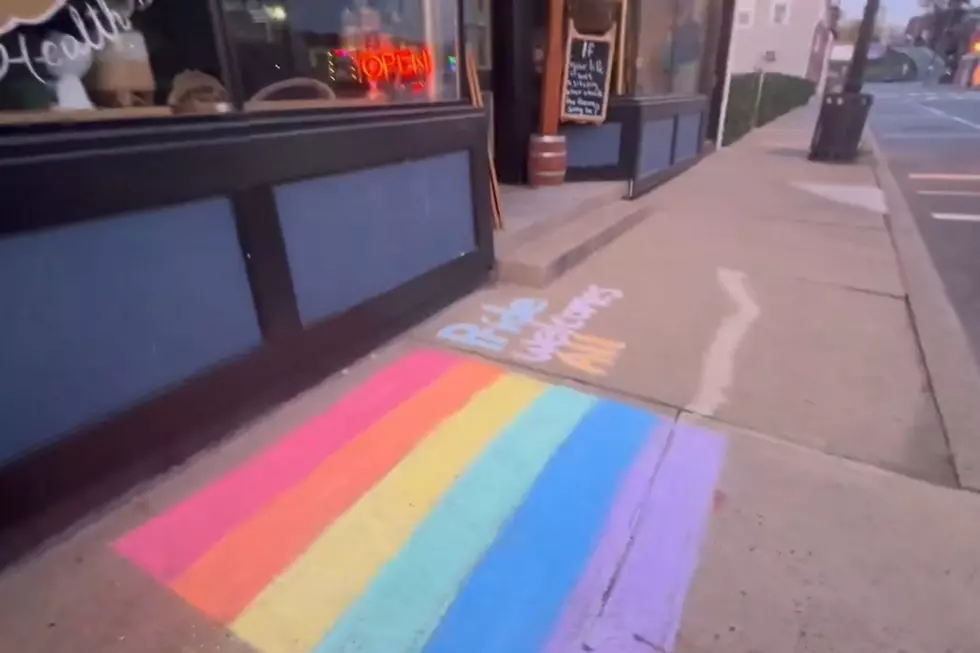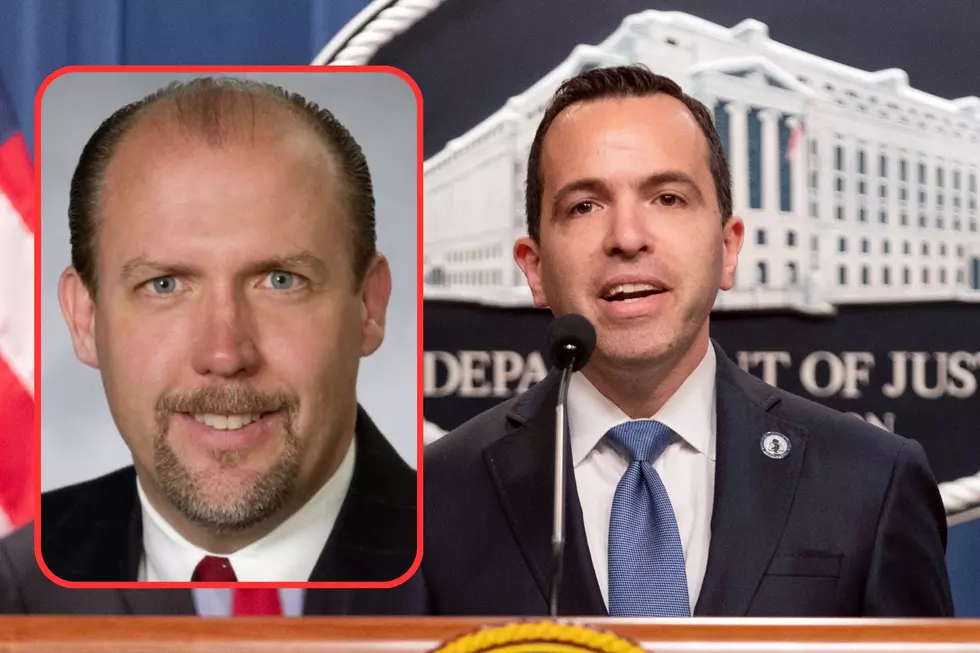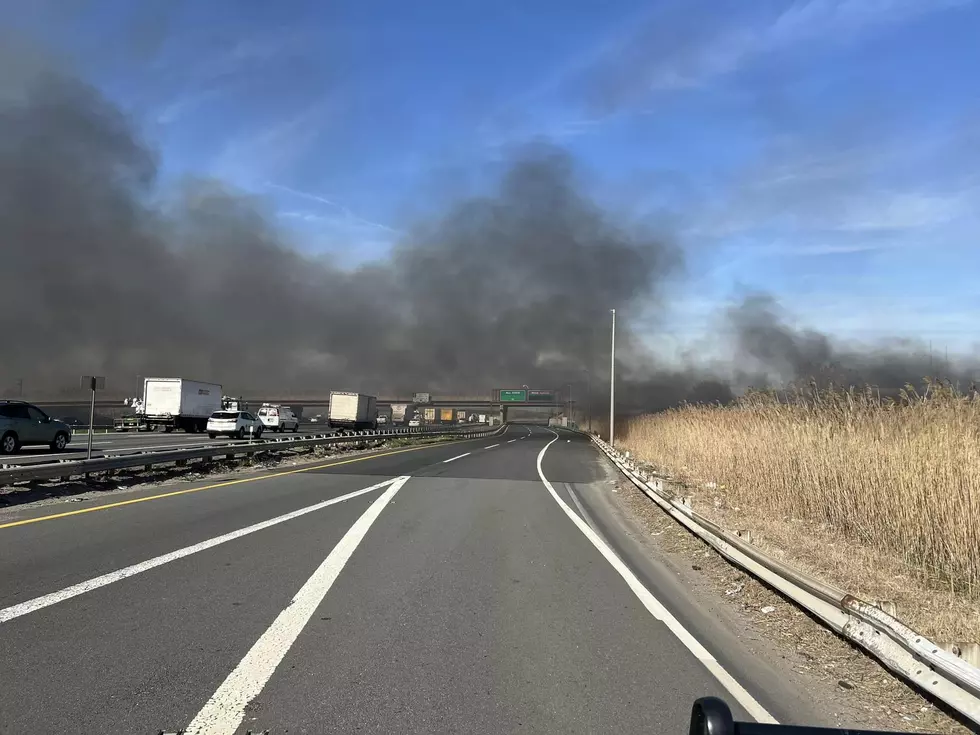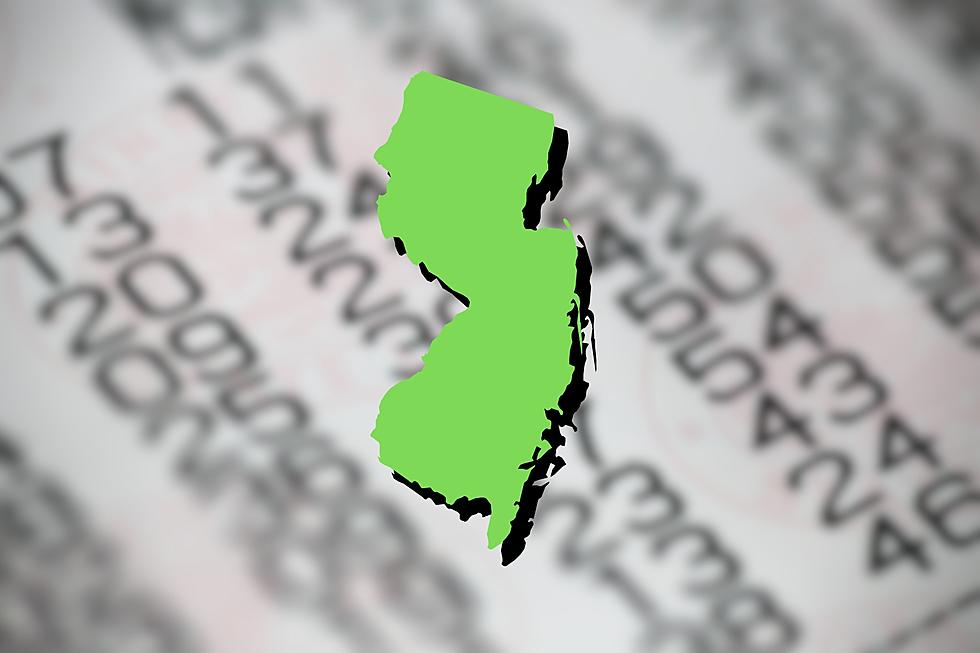
NJ Lawmakers Want to Turn the Tables on Plastic Bag Bans During Pandemic
A pair of state lawmakers want to ban reusable bags from stores until a full month after the coronavirus public health crisis is over.
Republican Assemblymen John DiMaio, R-Hunterdon, and Hal Wirths, R-Sussex, have announced legislation that would suspend all local ordinances concerning single-use plastic carryout bags, of which there are more than 30 across New Jersey.
Several municipalities already have suspended such single-plastics ordinances until the health crisis is over.
The bill, which they plan to introduce April 13, would not give shoppers the option of bringing their own bags during the pandemic, banning reusable bags in stores both during and for 30 days after the state of emergency is officially expired.
The New Jersey League of Conservation Voters countered the push to rollback such environmentally-minded ordinances with an April 5 post on its Facebook page that urged people "to heed the advice of public health experts to wash reusable bags and continue to take them when you go grocery shopping. Don't buy into the scare tactics of those who seek profits over public health."
As reported by Politico, the Plastics Industry Association sent a letter March 18 to the U.S. Department of Health and Human Services asking that the department "make a public statement on the health and safety benefits seen in single-use plastics."
The N.J. Food Council already sent a letter March 17 to about 32 municipalities that have enacted ordinances restricting the use of single-use plastic bags, asking that communities "suspend or freeze local ordinances for the duration of this health emergency and for 30 days after to enable our retailers to restock appropriately."
President & CEO Linda Doherty previously said retailer concerns about bags are two-fold, with the first being the potential for additional exposure to novel coronavirus as it lingers on surfaces for a varied amount of time.
In one study published in the New England Journal of Medicine that involved Princeton University scientists, the novel coronavirus was found to exist on plastic surfaces for up to 72 hours.
The assemblymen cited a study from nine years ago by researchers with the University of Arizona and Loma Linda University, which “found bacteria in 99% of the reusable bags they tested.”
The same study also found only 3% of shoppers with reusable bags said they regularly washed them.
“Reusable bags, just like any purchases that are brought home and then back to the store, could be contaminated with the coronavirus and we just can’t risk it," DiMaio said in a joint statement.
"Single-use plastic bags can transmit pathogens from those handling them in the store just like any other product," countered NJLCV Executive Director Ed Potosnak in an April 2 opinion piece on NorthJersey.com.
Potosnak cited the same study published by New England Journal of Medicine, noting "COVID-19 stays on plastics longer than cardboard — roughly three times longer. You don’t hear the plastics industry promoting paper bags as a safer measure to prevent the spread of coronavirus—because they wouldn’t profit."
Stafford and Atlantic Highlands both responded by suspending their ordinances during the state of emergency, Doherty said.
Parsippany-Troy Hills also suspended enforcement of its municipal retail plastic bag ban (which went into effect in February) on March 17 due to the ongoing health crisis, while officials in Summit and Cranford previously said upcoming bans on single-use plastics might be delayed amid the pandemic.
A number of stores, including ShopRite locations and Target stores in New Jersey, have announced customers with reusable bags should bag their own groceries.

More From WPG Talk Radio 95.5 FM










